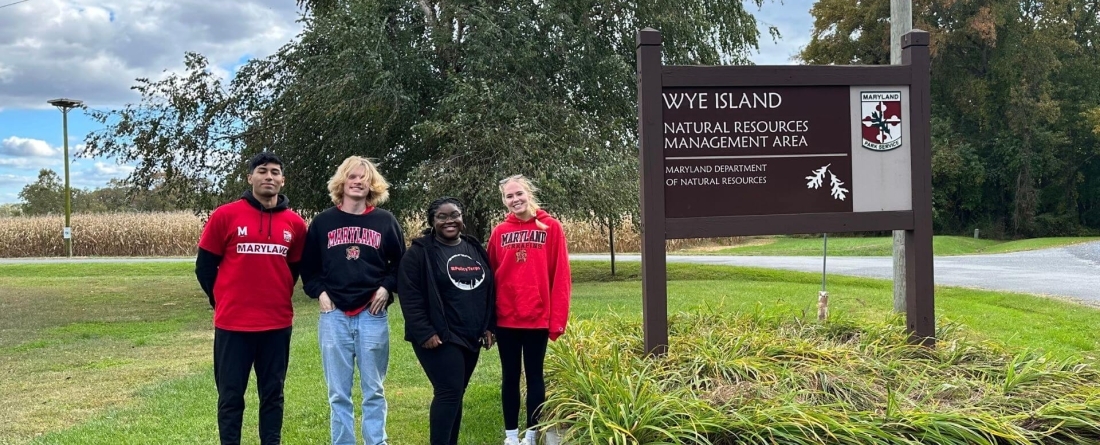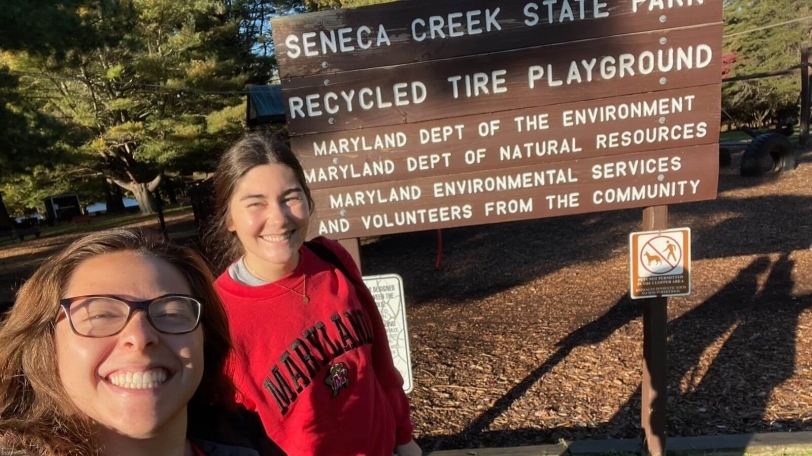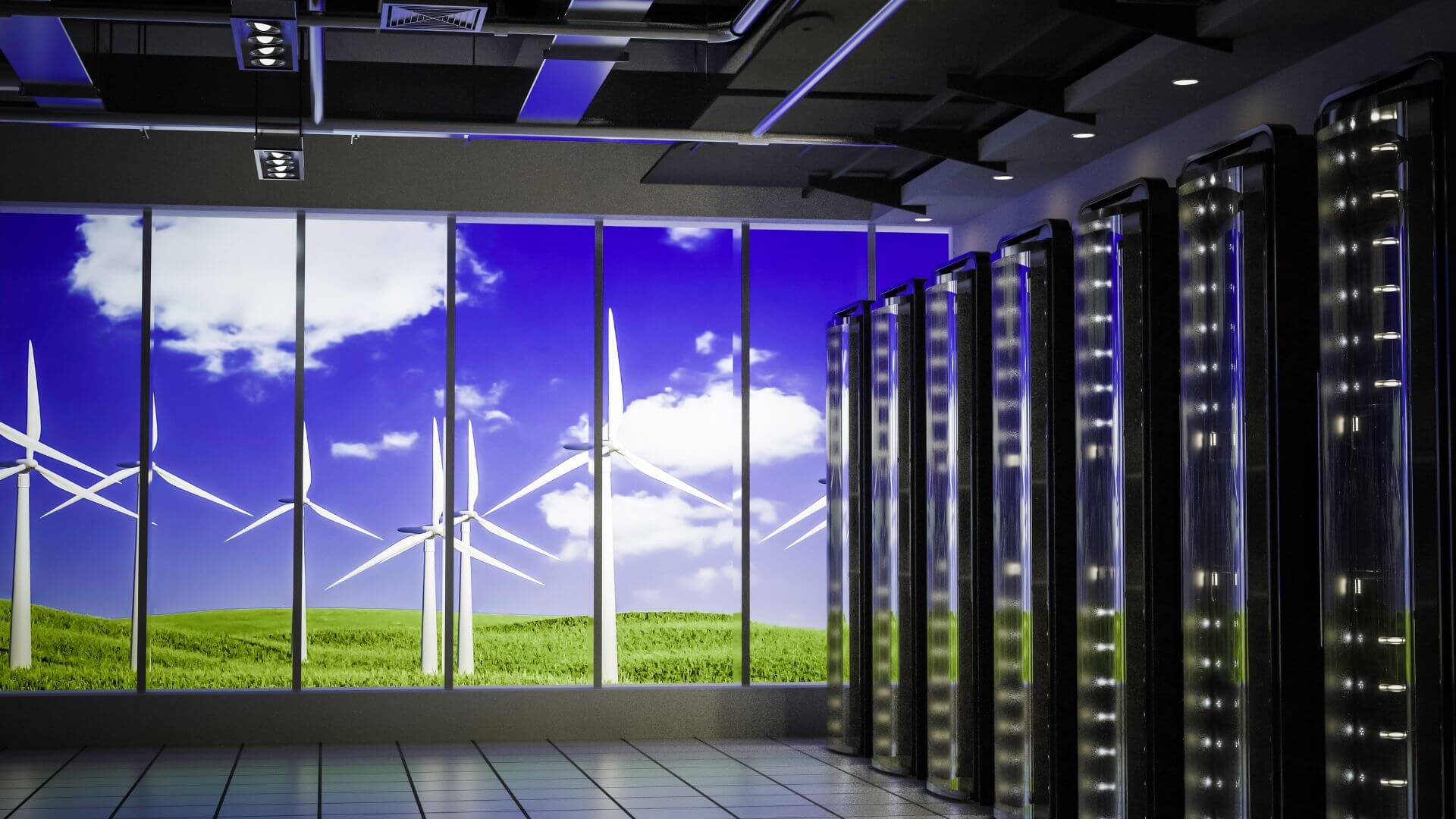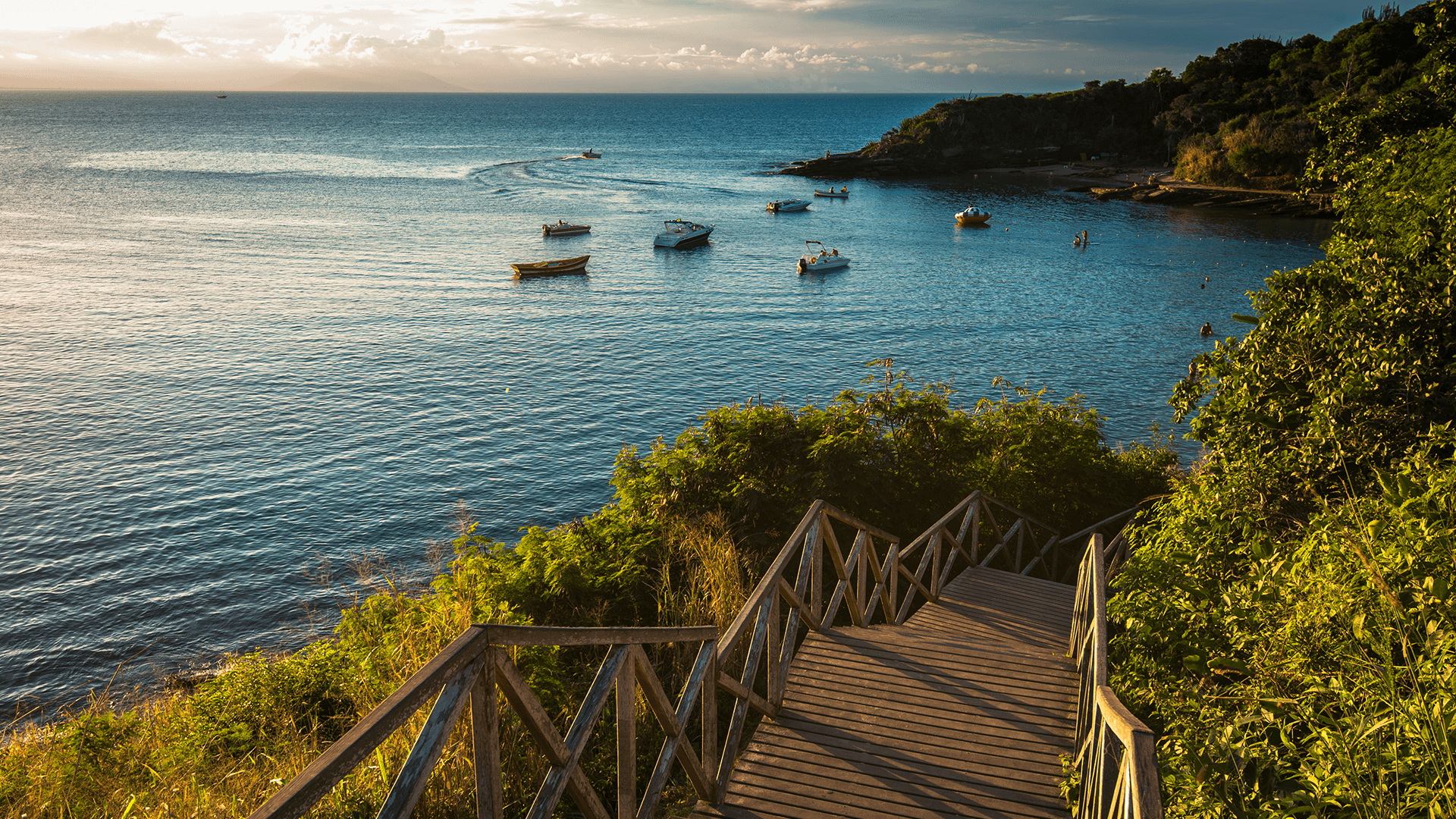
Dillon Bradley ’24 and Riley Blaugrund ’24, along with their classmates, recently conducted hands-on research at local Maryland state parks as part of their coursework for Professor Shanna Pearson’s class, PLCY306: Public Policy Analysis in Action. Students surveyed park-goers to gain insights into their attitudes regarding park priorities, climate change and climate change mitigation policies.
In discussing the project, Pearson explains, “Last spring, the Maryland Department of Natural Resources asked for research on park priorities and climate change, and my capstone class developed a survey method and field tested a survey of park goers for this purpose. This fall, collaborating with my PLCY306 students, we brought this project to life, surveying over 500 people in parks around the state. The survey elevated our ability to learn while also making an impact for the Department of Natural Resources.”
Bradley and his partner visited Greenbrier State Park in Boonsboro, Maryland to conduct their survey research, while Blaugrund’s research took place at Seneca Creek State Park in Gaithersburg, Maryland. For Bradley, the experience provided the opportunity to practice valuable soft skills like respectfully asserting himself, earning people’s trust and demonstrating the value of the survey – all of which are needed in the policy world. For Blaugrund, this experience provided insights into the intersection of public policy and community engagement. “This hands-on experience showed me firsthand how important research is in making policy. … Citizens have opinions that should be heard when policy is being made,” notes Blaugrund.
The survey project was a collaborative effort between the Maryland Department of Natural Resources and the Partnership for Action Learning in Sustainability (PALS), which facilitates student engagement in addressing sustainability-related issues. The partnership offers mutual benefits for students and the state of Maryland, enabling students to gain a deeper understanding of the impact of climate change on the state's parks while providing valuable research data to the Department of Natural Resources. “Even for us policy students,” shared Bradley, “it can sometimes feel like the government is a distant entity, something we might talk about simply in pursuit of our bachelor’s degree. The PALS program, however, makes it easy for students to assist state leaders with important sustainability projects.”
In the field, Bradley and his classmate stepped out of their comfort zones despite their nerves to approach park-goers, and tried not to take rejection personally when parkgoers turned them down. Meanwhile, Blaugrund and her partner put their problem-solving skills to the test by devising strategies to engage busy park-goers like reading the survey questions out loud when things were slow. Both Bradley and Blaugrund emphasized the importance of presenting a friendly and confident demeanor and a well-structured informational speech to introduce the survey and obtain informed consent.
Their training, which included CITI certification and best practices for in-person surveying, played a crucial role in their ability to conduct surveys effectively. The training covered ethical considerations, the content of survey conversations and strategies for interacting with less receptive participants. “My main takeaway from our training was that respecting people is more important than pursuing results,” notes Bradley. “Because we earnestly tried to follow survey best practices, I think the surveys we collected were at least fairly representative of the broader population’s opinions.”
Through experiential learning and practical application of the concepts learned in PLCY306, the surveys demonstrate the impact that public policy students can have on their communities. Pearson observes, “Understanding class material takes on a whole new meaning when students venture beyond campus. By blending research skills with practical application, it not only deepens their comprehension but also sharpens their academic, executive and research abilities.” By engaging with the public and conducting research, students like Bradley and Blaugrund are equipped with the skills to address real-world challenges, making a positive and meaningful impact in the present and future.
Bradley hopes that the Department of Natural Resources will continue to account for the perspectives of Marylanders as decisions are made. “Climate change remains an ongoing reality, and our state parks need to prepare for inevitable environmental changes,” notes Bradley. Blaugrund is optimistic that today’s research will benefit tomorrow’s students as they enter the workforce, equipping them with essential problem-solving skills. She shares, “By teaching and training students on how to research, a new generation of policymakers, activists and changemakers are equipped with the skills to engage with communities.”




